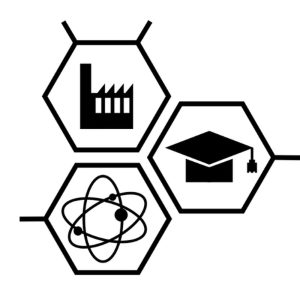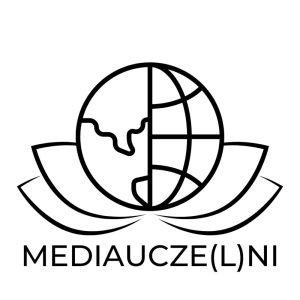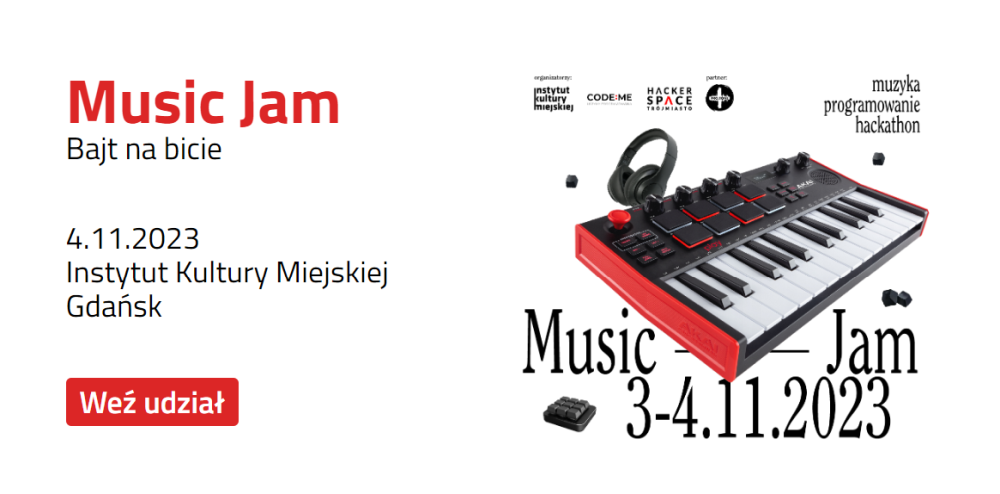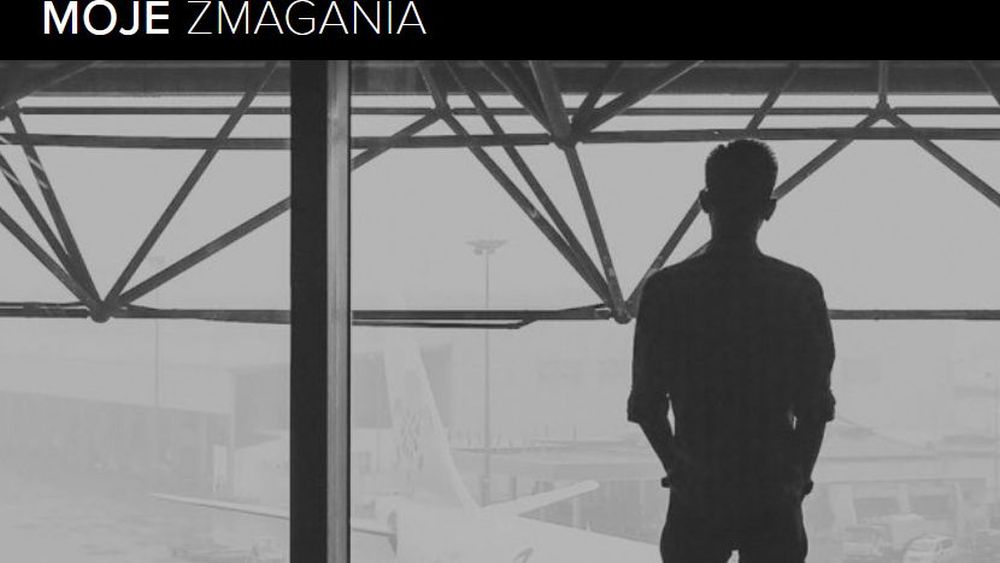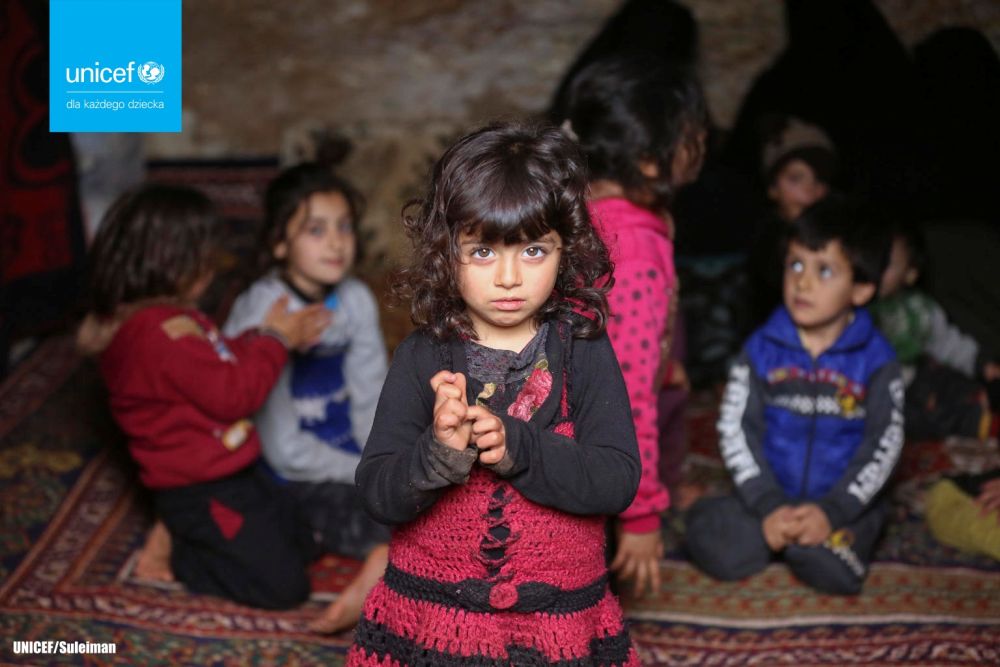
UNICEF_2020_23-Feb_Idlib_family-sheltering-in-cave_Ali-Haj-Sulei
On 23 February 2020 in the Syrian Arab Republic, a displaced girl stands among other children inside an underground cave where they are sheltering with their families in Taltouna village, in the northwestern city of Idlib. They are among several displaced families, including 38 children, living in the cave. “We have nothing left,” says Um Mohammad, the father of seven children. “We paid all the money we had to buy medication for children. I have seven children to worry about.” More than half a million children have been forced to flee since 1 December 2019, the highest level of displacement in such a short span of time since the crisis began nearly 10 years ago. Tens of thousands of people are now living in makeshift tents, public buildings and in the open air, exposed to rain, snow and sub-zero temperatures. For some, this is the sixth or seventh time they’ve been displaced.
The humanitarian crisis in northwest Syria continues to reach new and dire levels. More than 948,000 people have been displaced since 1st December 2019, exceeding previous worst case planning figures by the humanitarian community. Of these, some 569,000 are children and over 195,000 are women, together comprising 81 per cent of the newly displaced population. Indiscriminate attacks in civilian areas continue to drive people from their homes and destroy vital services, including hospitals, markets, and schools. In the last week, in Idlib, 10 schools and kindergartens have come under attack, killing at least nine children and three teachers. UNICEF and partners are scaling up their response to meet the needs of 800,000 internally displaced people in northwest Syria. Inadequate space in existing shelters complicates the response, as recently displaced people keep moving from one location to another. The recently displaced people are looking for potential shelters with existing services or where there is a possibility of receiving services from humanitarian agencies. Notable challenges

